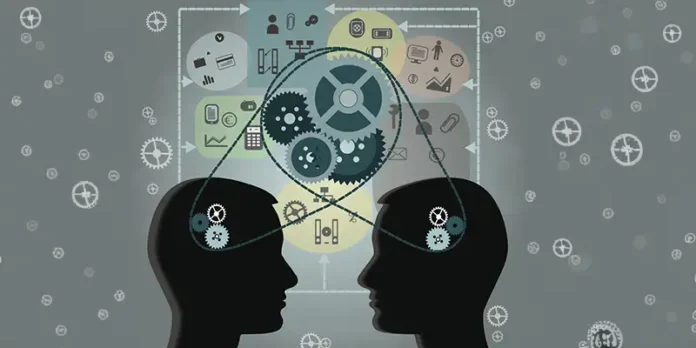The humanities, once central to fostering critical thinking and diverse perspectives, have gradually been sidelined in modern education, argues Amitash Ojha, head of the Department of Humanities and Social Sciences at IIT Jammu. Ojha highlights that while subjects like algebra and engineering focus on finding precise answers, the humanities encourage students to ask broader questions and explore life’s complexities. This, however, has been overshadowed by the perception that humanities are simply an easy path to boost grades, rather than a valuable tool for developing analytical thinking.
Over time, the humanities have shifted from a focus on deep intellectual engagement to a utilitarian role aimed at enhancing employability. Ojha notes that, while engineering schools have integrated humanities into their curricula to broaden students’ understanding of societal impacts, they often teach these subjects in the same structured manner as technical courses, relying on tests and quizzes. This approach undermines the real purpose of humanities, reducing complex ideas to mere memorization.
Ojha also criticizes how some humanities professors have adapted to this system, no longer challenging students to think critically but instead reinforcing a shallow understanding of the material. He stresses that humanities should not be treated like STEM subjects, where finding the right answer is the goal. Rather, humanities education is about embracing uncertainty, fostering discussions, and encouraging students to explore the complexity of the world.
In essence, the humanities are not just about acquiring facts but about developing a mindset that values questions as much as answers—an aspect that has been overlooked in today’s education system.











